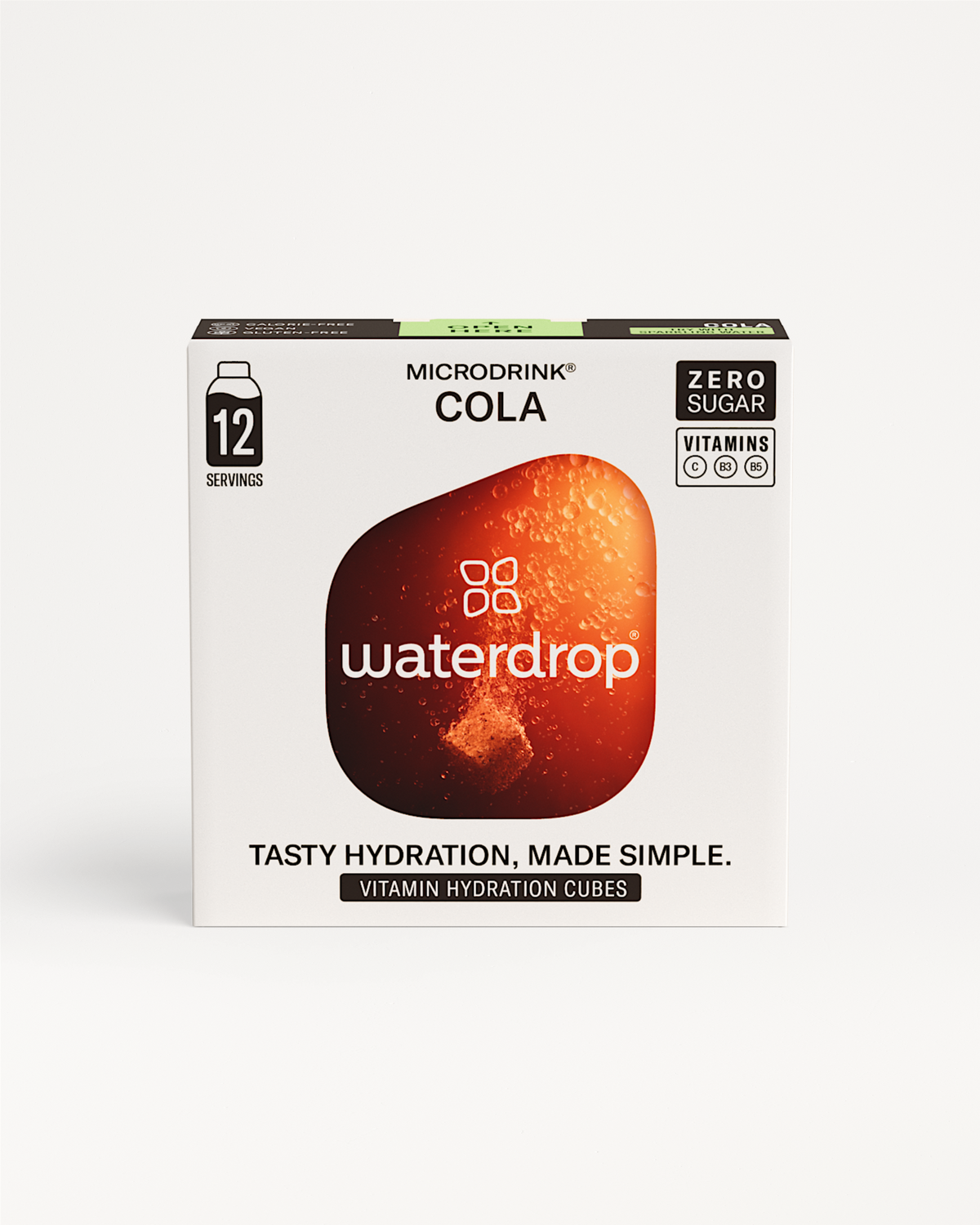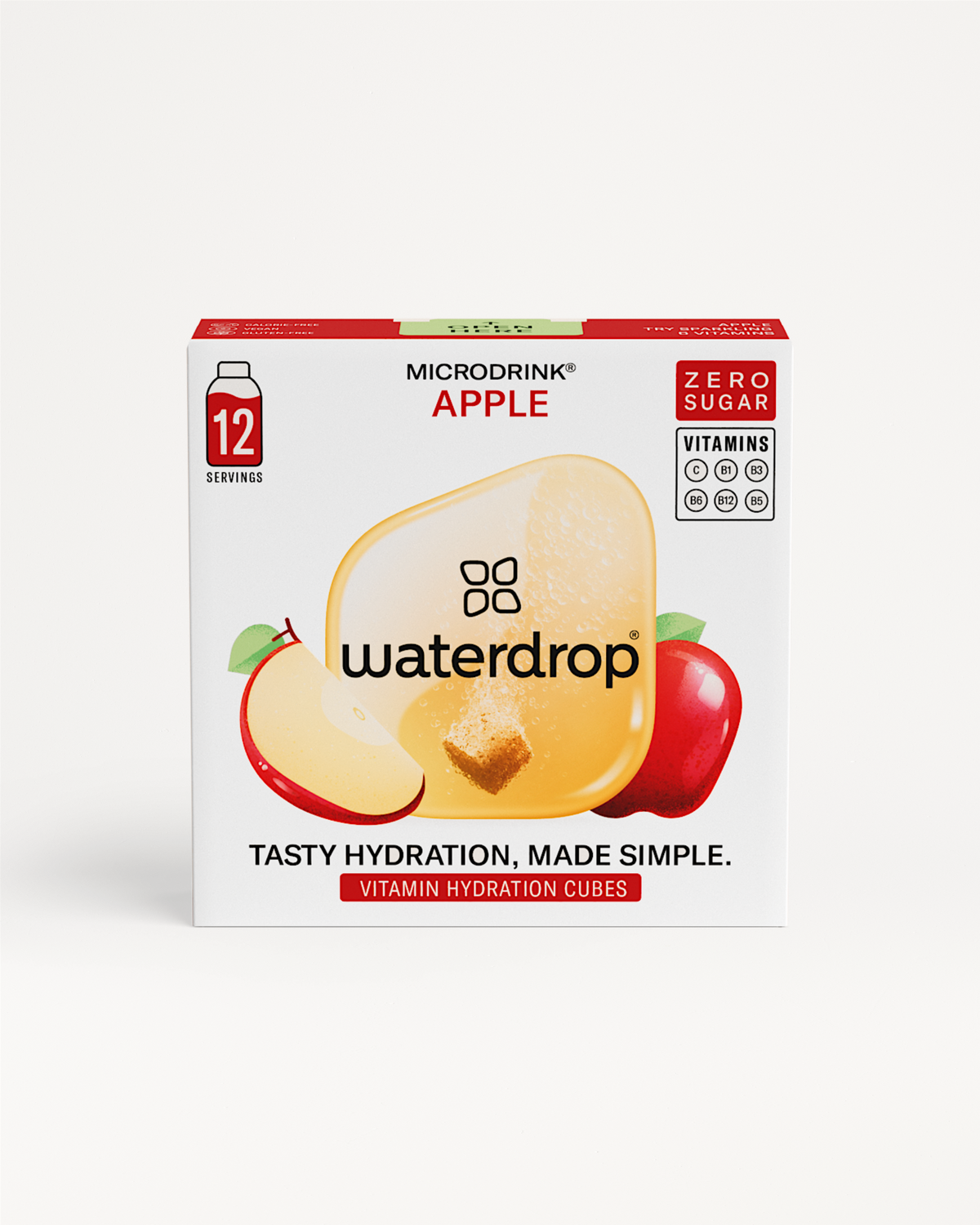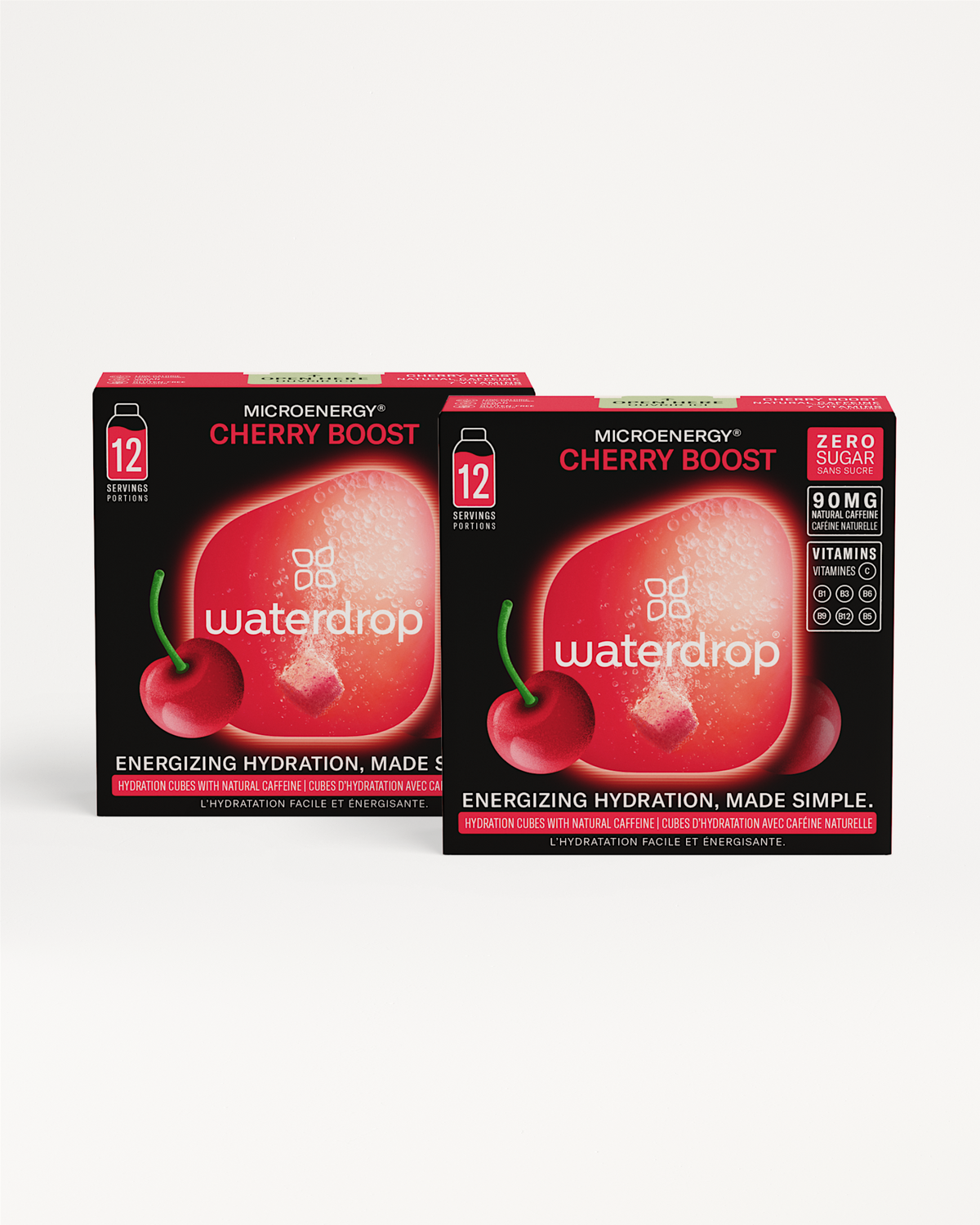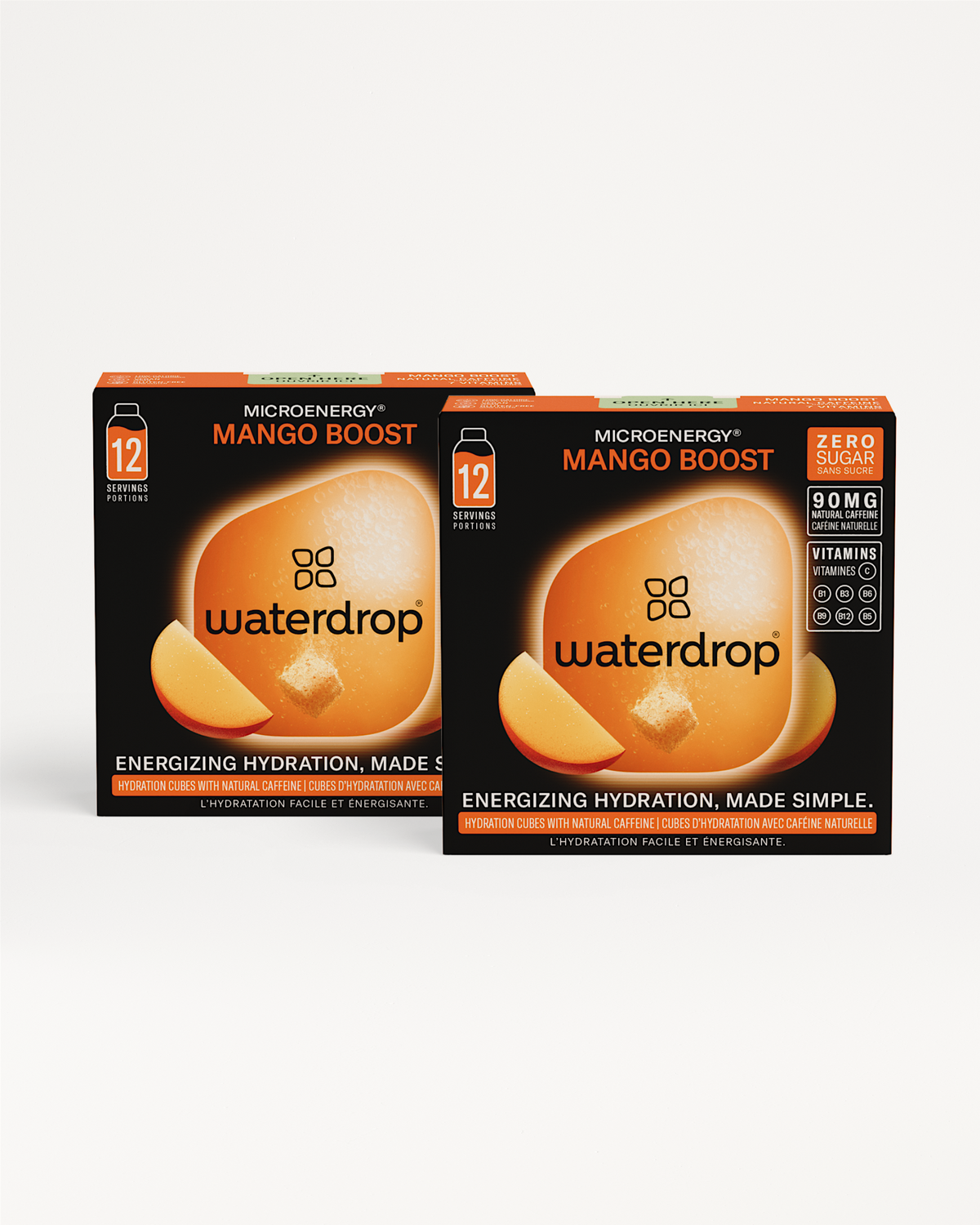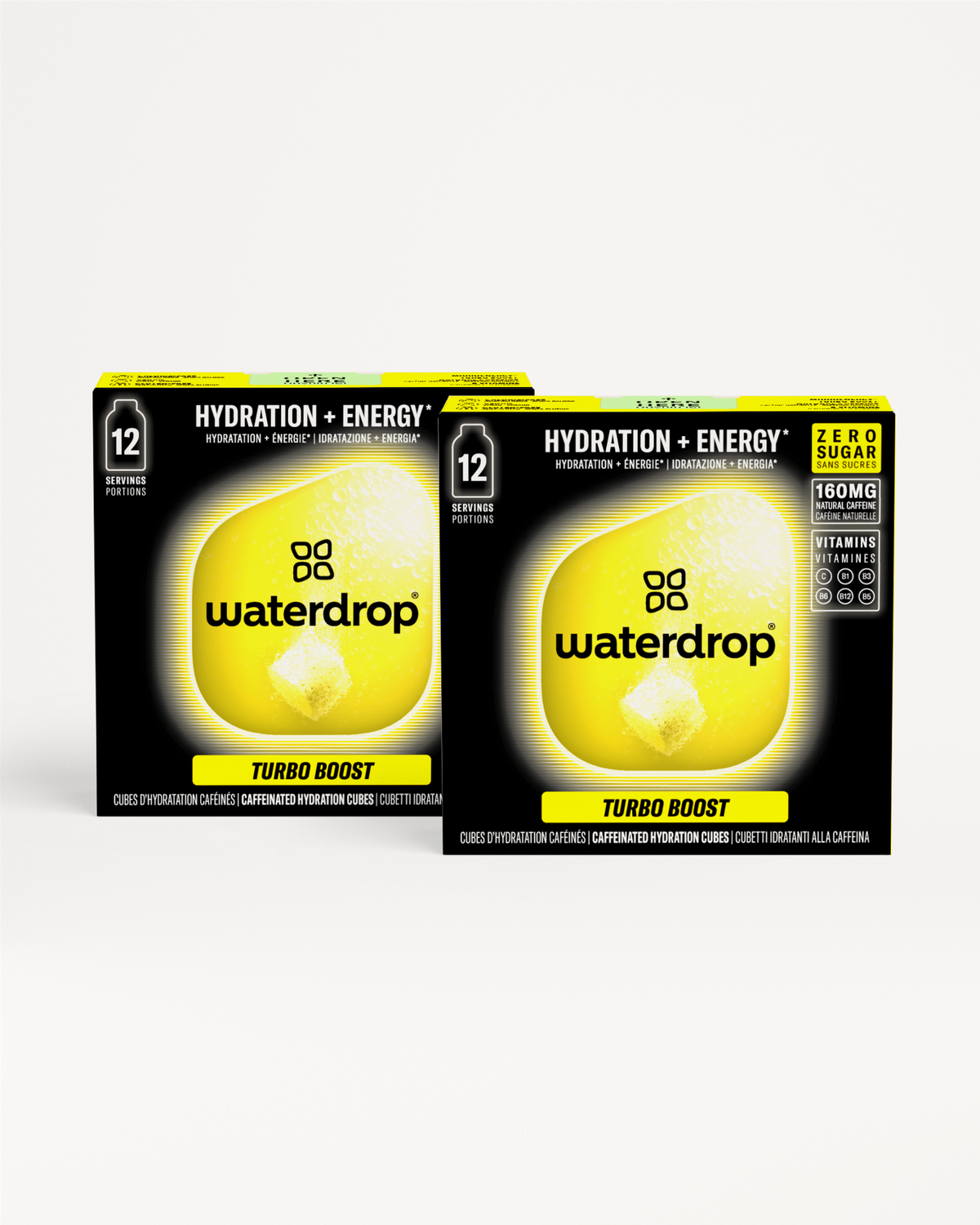Urinary Tract Infections (UTIs) are common and can be uncomfortable and persistent. One often-asked question is whether inadequate hydration can lead to UTIs. This article looks more into the connection between hydration and the risk of a UTI, offering insights into how proper water intake can be a key factor in preventing these infections.
Understanding UTIs and Their Causes
UTIs occur when bacteria enters and infects the urinary tract, including the bladder, urethra, and kidneys. While several factors can contribute to a UTI developing, hydration plays a significant role in urinary health.
How Dehydration Affects Urinary Health
- Reduced Urine Volume: low fluid intake results in less frequent urination, giving bacteria more opportunity to grow and cause infection.
- Concentrated Urine: dehydration leads to more concentrated urine, which can irritate the urinary tract and create an environment more conducive to bacterial growth.
The Role of Hydration in Urinary Health
- Flushing Out Bacteria: regular urination helps to flush out bacteria from the urinary tract, reducing the risk of infection. Drinking enough water throughout the day is crucial to maintaining the right balance in the urinary tract and discouraging the growth of harmful bacteria. The recommended amount of water per day varies, but generally, women should aim for 2.7 litres and men for around 3.7 litres from all food and drinks.
- Balanced Diet: a diet rich in fruits and vegetables, which are high in water content, can contribute to overall hydration.
- Avoid Irritants: reducing the intake of irritants like caffeine and alcohol, which can aggravate the urinary tract might also help to prevent UTIs.
Long-Term Health Benefits
In addition to preventing urinary tract infections, sufficient fluid intake supports various bodily functions, such as digestion, circulation and temperature regulation. Sufficient hydration is particularly essential for our kidneys as it prevents the risk of kidney stone formation. In addition, our skin also benefits from drinking enough: it promotes blood circulation and supplies our largest organ with more oxygen. Drinking enough water contributes to our overall wellbeing, and in-turn increases our physical performance and improves our mood.
Frequently Asked Questions on Hydration and UTIs
Can Drinking Water Cure a UTI?
While increased hydration can help alleviate UTI symptoms, it is not a cure. Antibiotics are typically required to treat a UTI. However, staying hydrated can help prevent recurrent infections.
Are There Other Effective Ways to Prevent UTIs?
Yes, other preventive measures include practising good hygiene, urinating after intercourse, and avoiding potentially irritating feminine products.
Conclusion
Understanding the link between hydration and UTI risk underscores the importance of regular water intake as part of a healthy lifestyle. While dehydration alone may not cause UTIs, maintaining adequate hydration can be a simple yet effective way to reduce the risk of urinary infections. Embrace a well-hydrated lifestyle to support your urinary health and overall wellbeing.
Explore waterdrop®'s Microdrink Collection for flavorful ways to stay hydrated and support urinary health.






















